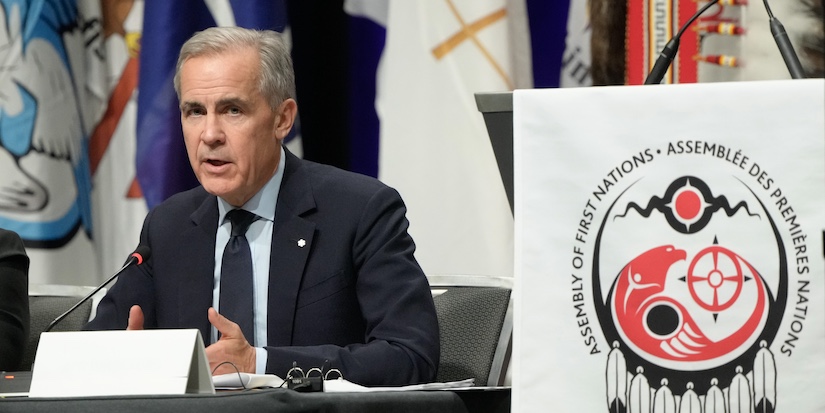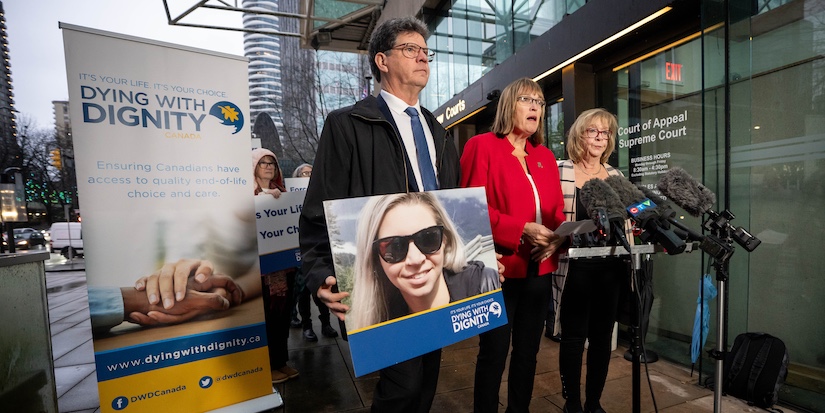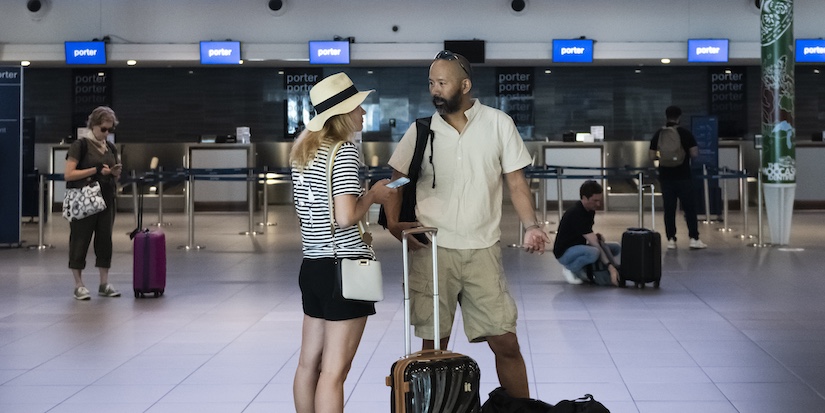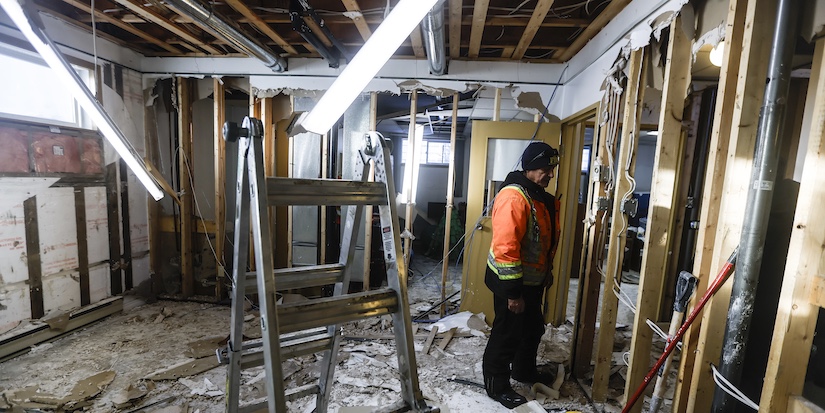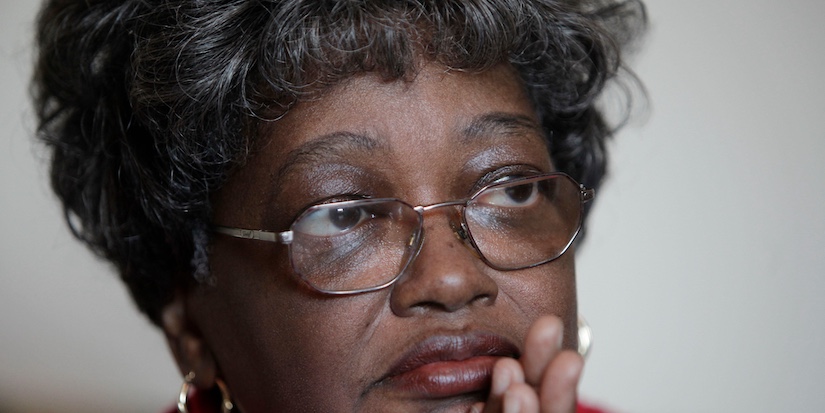Latest News
Province takes action to address health, safety concerns in supportive housing

Published 4:02 PDT, Mon June 30, 2025
-
People living and those working in supportive housing will be safer and better supported as the province begins work to ensure housing providers are able to take quick and decisive action against problematic tenants and guests, and address air-quality issues related to second-hand exposure to fentanyl.
A new, time-limited working group will act on requests from housing providers for more authority to respond to urgent safety issues and to explore the potential to remove supportive housing from the Residential Tenancy Act. This will help to better address problematic and dangerous individuals taking advantage of vulnerable people, and better respond to weapons and criminal activity within supportive housing.
“Supportive housing is a vital and successful way to help people experiencing or at risk of homelessness come indoors and access supports, instead of living on the street or in unsafe encampments,” said Ravi Kahlon, Minister Housing and Municipal Affairs. “We have heard from providers that they need more authority to take action and keep people safe, and we will be working with our partners to find a path forward that ensures people can live in a safe, inclusive and supportive environment.”
The working group will bring together supportive housing providers, law enforcement and union representatives, as well as staff from the province and BC Housing, to ensure safety for tenants and workers is paramount. The province will engage with First Nations and tenant advocates.
Government has been listening to housing providers that have raised concerns about drug trafficking, weapons and crime in supportive housing, and difficulties removing individuals who are engaging in activities that affect the safety of other residents, staff and the community. This group will collaborate on a suite of potential measures to help address health and safety concerns.
In addition, the province, including the BC Centre for Disease Control and in partnership with WorkSafeBC, is working to respond to significant changes to the ongoing toxic-drug crisis and its potential effect in supportive housing. Coming out of the pandemic, inhaling or smoking fentanyl has become the predominant substance-use method, surpassing injection. As a result, in the past year, WorkSafeBC developed new air-quality safety standards with regard to second-hand exposure to fentanyl. These standards were set in January 2025 and are available to view in the Learn More section below.
Early indications from a series of tests at 14 buildings in Victoria and Vancouver show some areas of supportive housing are more likely to have elevated levels of airborne fentanyl, above the limit WorkSafeBC has established. As WorkSafeBC outlines, an exposure limit is not intended to represent a fine line between safe and harmful conditions, but rather a way to measure potential exposure to help guide reduction tactics.
BC Housing is analyzing the reports from the tests and is working with WorkSafeBC and BC Centre for Disease Control to better understand these results. The results in the reports will contribute to the development of provincial exposure-reduction guidance being established by WorkSafeBC and BC Centre for Disease Control, with support from BC Housing and other health partners, to mitigate second-hand exposure to fentanyl in supportive housing and shelters. The new working group will also discuss second-hand fentanyl smoke.
Since 2017, the Province, through BC Housing has opened nearly 7,500 supportive homes in B.C., with more than 2,900 underway.










